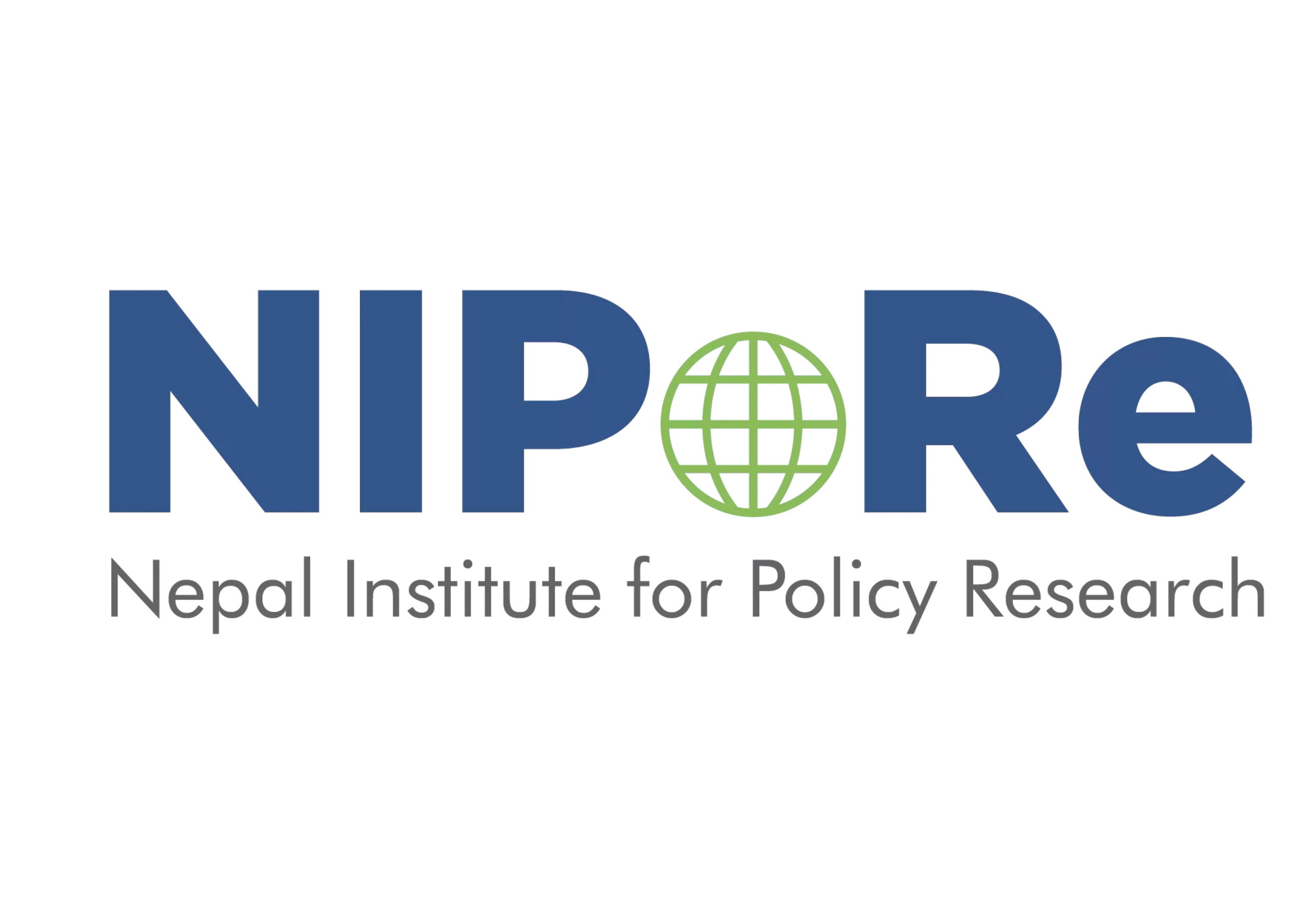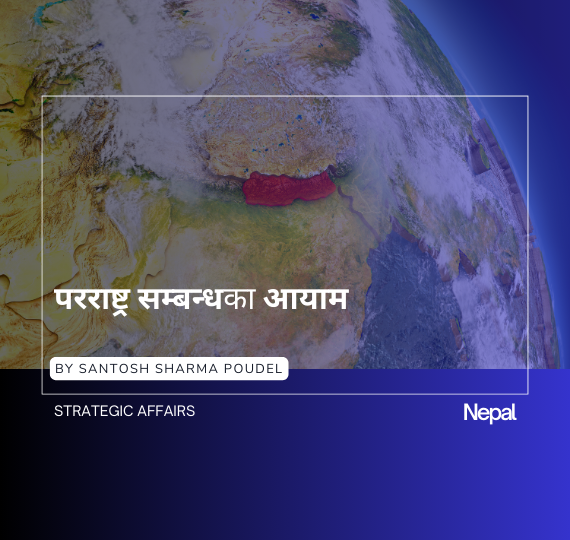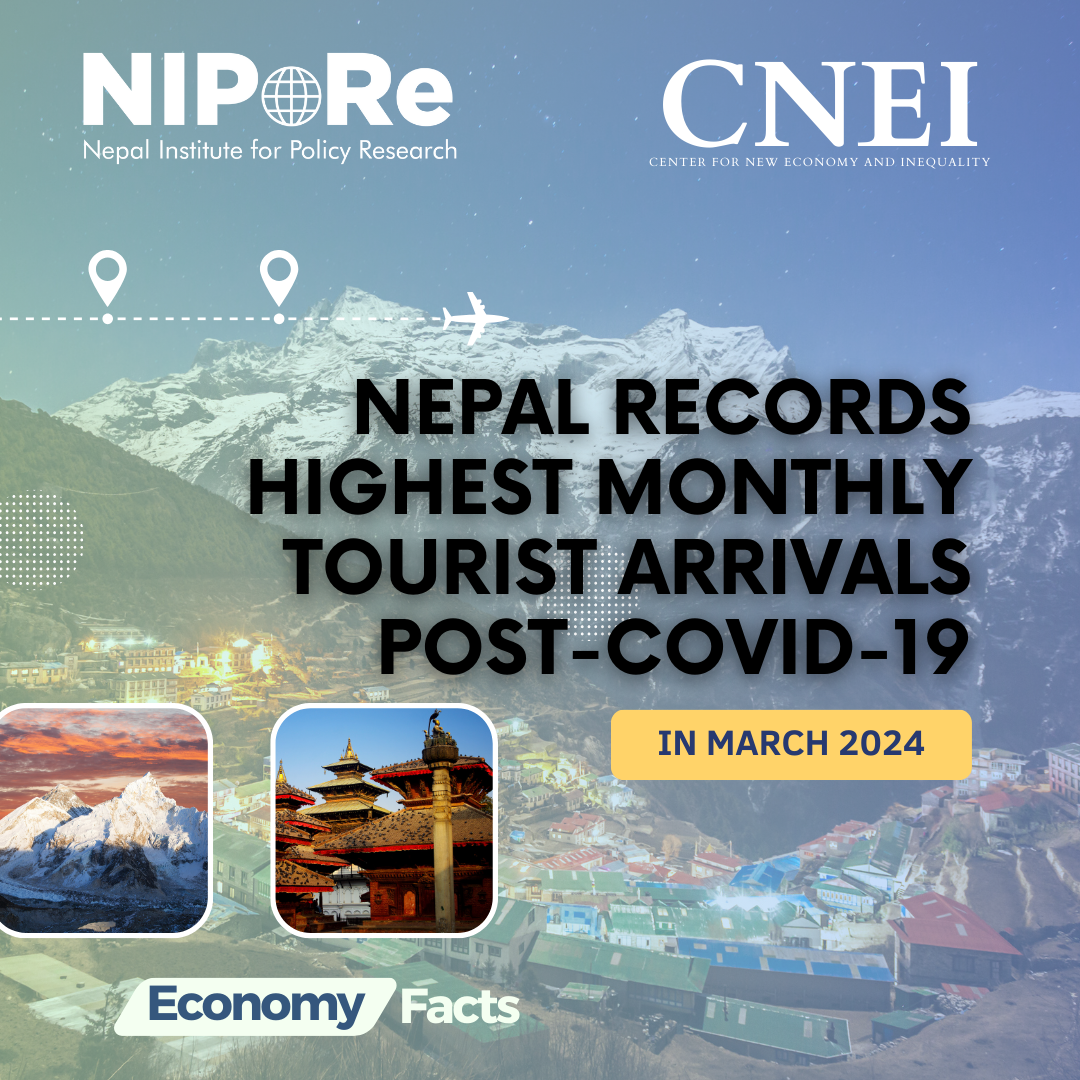Synopsis
The world is beset with the multifaceted challenges from the rise of authoritarianism, populism, and protectionism. All of these have largely affected the spirit of liberal internationalism which has served well for more than seven decades. The threat lies primarily from its propagator and ultimate protector US and its allies because of their protectionist approach and unpromising view towards the promotion of the current liberal world order. This raises the issue of whether the open and rule-based liberal order will survive the current onslaught from the US?
What is Liberal Internationalism?
With the end of World War I, the era of power politics dominated by realist assumptions of statism, self-help, and survival turned to a more idealist notion of peace and cooperation, as espoused in Woodrow Wilson’s fourteen points’s speech. He gave the practicality to the idealist notion of Kantian democratic peace through liberal institutionalism and internationalism. Though the League of Nations failed, the updated notion of institutionalization and liberal order was established under the US leadership post-WWII. The United States and its partners built a multifaceted international order- organized around economic openness, multilateral institutions, security cooperation, and democratic solidarity. Since then, these economies – mostly Europeans and Japan – participated, benefitted and promoted the liberal democratic, and rule-based world order. They also successfully defended and promoted liberal values against communism exemplified by victory over Socialist Camp during the Cold War and democratization of Eastern Europe, East Asia, and Latin America.
Crisis of Liberal Internationalism
The end of the Cold War and the victory of the democratic and liberal system led some to argue that history has ended and many to remark that the golden age liberal institutionalism and rule-based order were due. However, with globalization and interdependence, the complex and interlinked issues have emerged as a threat to the current world order.
The threats to the current world order lies from political, economic, security dimension to propaganda, cyber crime and media trails.

Figure: Top Risks Expected to Rise in 2019 (Source: Global Risk index)
The 14th edition of the Global Risks Report, prepared by the World Economic Forum, examines the global risk perception against the backdrop of worrying geopolitical and geo-economic tensions, which if left unresolved will hinder the global ability to tackle collective challenges. While assessing the report; the risks related to political and economic confrontations, populism and natives agendas, erosion of multilateral trading rules, agreements and human security has high range and these global risks are a threat to the spirit of Liberal Internationalism.
Trump’s Foreign Policy sabotaging Liberal Internationalism
While the global threats to liberal internationalism continues to rise, the propagator and promoter seems to have turned its back. The 45th US President, Donald Trump, in his Inauguration Speech in 2017 argued reducing U.S. trade deficits, rebalancing burden-sharing within major alliances and becoming more concerned for national Interest. This argument signifies Trump’s lack of interest in the protection of the regime of liberal world order which has been at the heart of US foreign policy for about seventy years. Trump Presidency witnessed more sabotaging of liberal internationalism by withdrawing US from key regional and global treaties and avoiding the American leadership in the making of a more liberal world-order. The protectionist Trump’s Administration has withdrawn from Trans-Pacific-Partnership (TPP), Paris Accord, Iran Nuclear Agreement, and UNHCR, cut off contribution for (NATO), Started a trade war with China, revised NAFTA to United States-Mexico-Canada Agreement (USMCA) claiming unfair to US trade which proves US unpromising way to liberal internationalism.
Not only the US but also its Partners
In recent years, not only the US but also its key allies in Europe have witnessed growing sentiments that pose threat to global liberal-order. For example, the United Kingdom’s decision to leave the European Union (EU) was a backlash against globalism and immigration. The uncertainties of Europe and world politics remarked by populist, nationalist, fundamentalist and xenophobic strands have proliferated and backlashing liberal internationalism. Also the rise of radical right-wing parties since the 2000s is strongly linked to a rise in Euro-scepticism. Similarly, the issues and problems associated with the international migration and the rise of right-wing nationalist and populist parties within Europe have been hostile to democratic and liberal values, not only for economies in EU but also for economies around the globe. Migration has become voters’ number one concern across the bloc and the issue has swayed elections, including elections in France, Germany, Austria, Italy and Hungary. This has led Europe to follow the trend of US protectionist and populist approach in domestic and cross-border politics.
Will Liberal Internationalism Survive?
For the past few decades, there has been a series of serious debates on the reorganization of the world order and emergence of the post-Western world order but the latter idea still remains obscure. Therefore, a serious query remains unanswered whether the current world order, which is based on free, open and rule-based governance, would continue to govern the 21st century world.
Some label the current crisis as a temporary setback that can be changed with new political leadership. Sometimes failing of leadership models might be seen as a result of a leader’s inadequate knowledge and awareness on local and world economy. That means, there can be some pitfalls of leadership which affect national and global economies and we can not put these blames on respective countries’ entire political system. Therefore, it lies possibility of US future leadership to lead, protect and promote US crafted liberal international idea globally rather limiting its scope within territory.
But most of the argument is also based on the crisis of American hegemonic leadership. They claim that “liberal international order has been tied to American power-its economy, alliance, leadership, and values”. Perhaps it is a phase of ‘transition’, whereby the old US-led political foundation of the liberal order will give way to a new configuration of global power based on a new governance model. Today, the American hegemony challenged by China is not only limited to economic and military issues but also those countries’ growing significant roles in global affairs. President XI’s vision for making China superpower by 2050 and his BRI and “Community of shared future for mankind” approaches can be taken as China’s version of internationalism. Beside China, “the rise of the rest (other rising powers)” has also challenged unilateral dominance of the west, led by the US. It seems the US-led views and ideas towards world politics (promotion and practice of more democratic values), economy (capitalist economy), social leadership (individual freedom and Human Rights), and governance (International Law) no longer remain fascinating for many of the global economies and as a consequence there is a growing search for alternative models of leadership, most notably Chinese and East Asian development models.
References
- Dunne, T., & McDonald, M. (2012). The politics of liberal internationalism. International Politics, 50(1), 1-17. Retrieved from doi: 10.1057/ip.2012.25
- Edmund, F. (2019). Liberalism: The Life of an Idea by Edmund Fawcett review – what is a liberal?. Retrieved from https://www.theguardian.com/books/2016/jan/29/liberalism-life-of-idea-edmund-fawcett-review
- Fukuyama, F. (1989). The End of History? The National Interest, (16), 3-18. Retrieved from www.jstor.org/stable/24027184
- Ikenberry, G. (2016). American leadership may be in crisis, but the world order is not. Retrieved from https://www.washingtonpost.com/news/in-theory/wp/2016/01/27/american-leadership-is-in-crisis-but-the-world-order-is-not/
- Ikenberry, G. (2018). The end of liberal international order?. International Affairs, 94(1), 7-23. Retrieved from doi: 10.1093/ia/iix241
- Peters, M. (2015). Challenges to the ‘World Order’ of Liberal Internationalism: What Can We Learn?. Educational Philosophy And Theory, 48(9), 863-871. Retrieved from doi: 10.1080/00131857.2015.1057033
- Trump’s Foreign Policy Moments. (2019). Retrieved from https://www.cfr.org/timeline/trumps-foreign-policy-moments
- Wolfgang, I. (2019). The World According to Kissinger. Retrieved from https://www.foreignaffairs.com/reviews/2015-03-01/world-according-kissinger
- Wyman, O. (2019). Global Risks 2019. Retrieved from https://www.oliverwyman.com/our-expertise/insights/2019/jan/globalrisks2019.html



